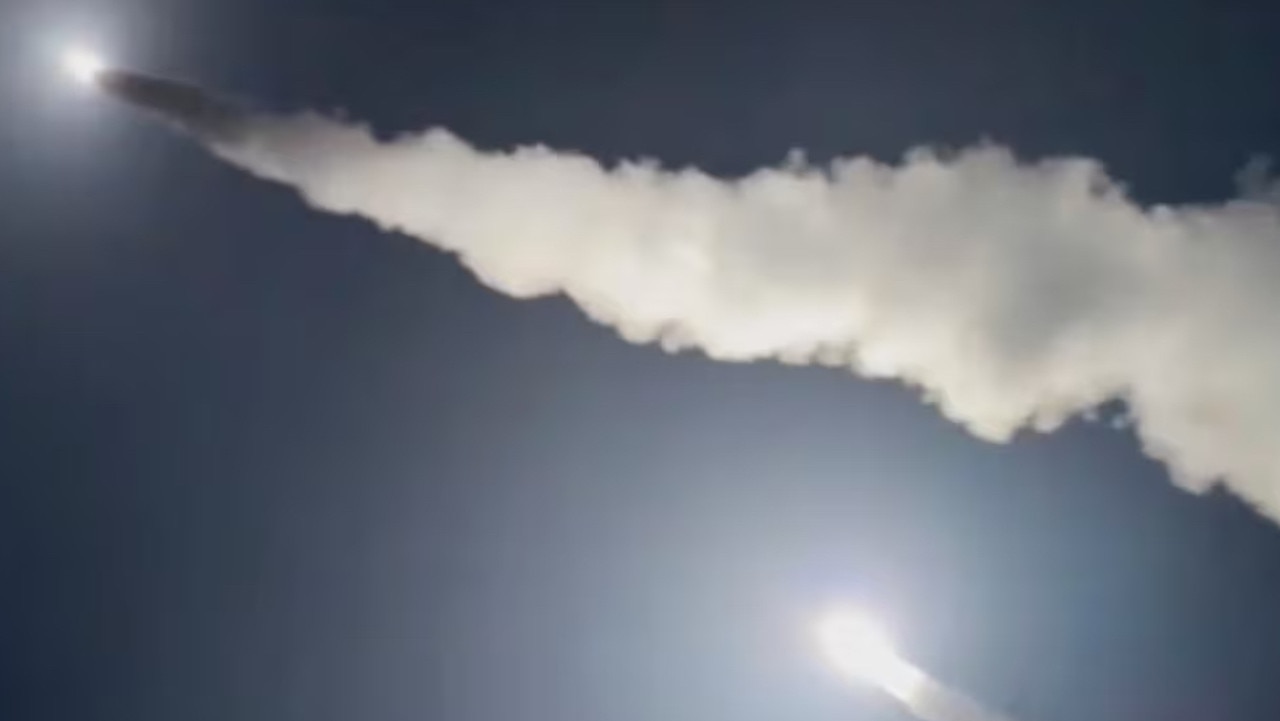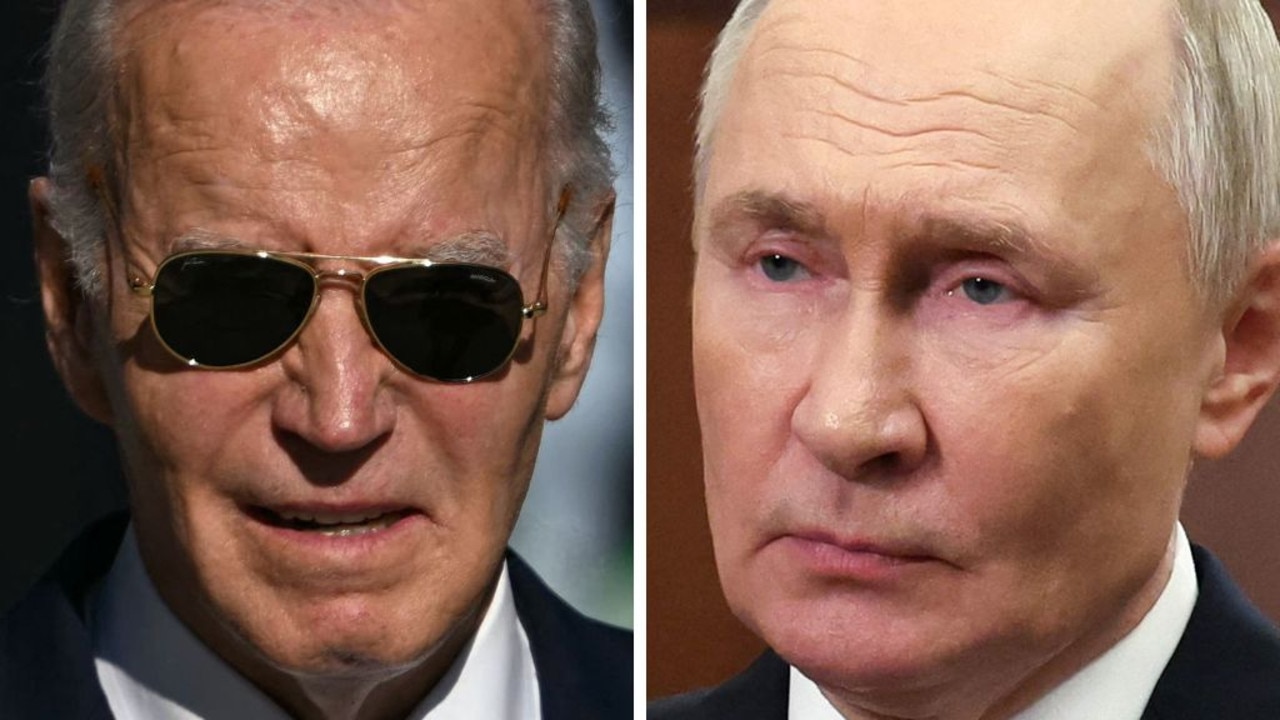Omicron, inflation and a ‘superpower war’: Economic risks that could rock 2022
Omicron, inflation and a “superpower war” are among the significant events that could rock the world – and its economies – in the next 12 months.
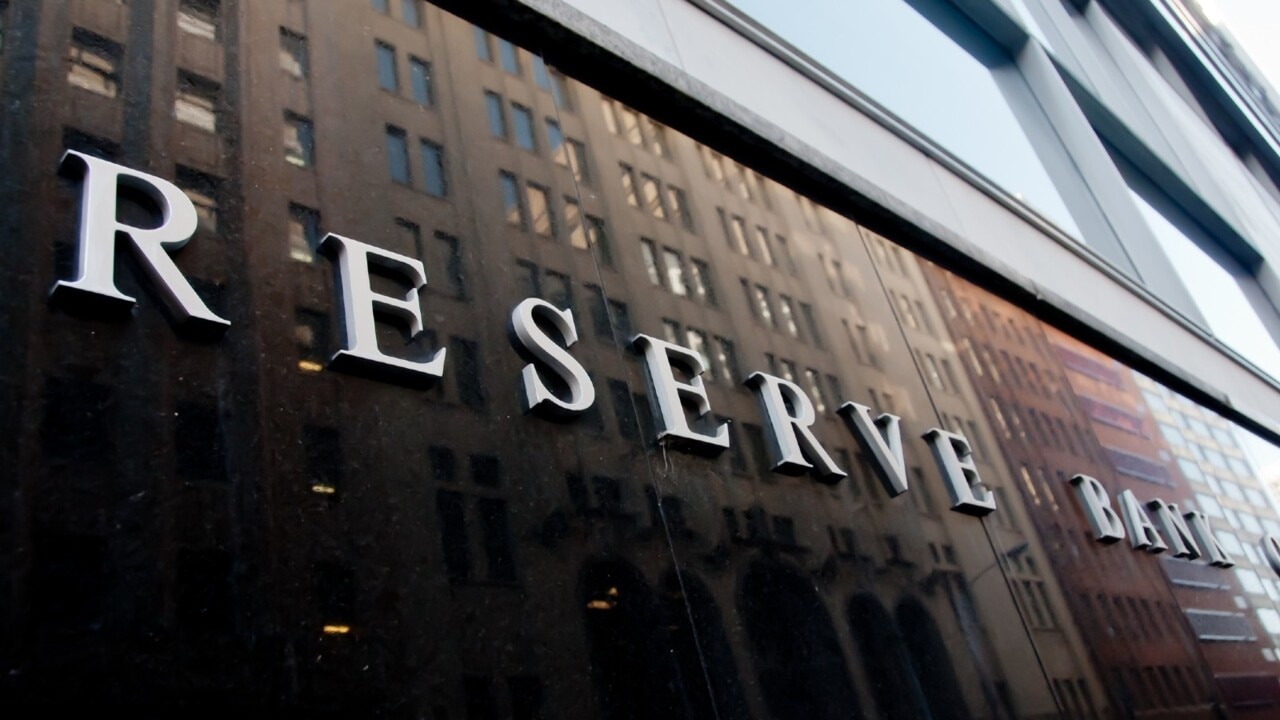
World
Don't miss out on the headlines from World. Followed categories will be added to My News.
Omicron, inflation and a “superpower war” are among the significant events that could rock the world — and its economies — in the next 12 months, a new report has predicted.
Of the top threats, the more contagious — though not necessarily more deadly — Covid-19 variant and the subsequent lockdowns it could cause; the threat of inflation; and any escalation in geopolitical tension, particularly between China and Taiwan, all feature prominently in the forecast, compiled by economists at Bloomberg.
While the team are “upbeat” about the likelihood of a robust economic recovery worldwide, there are still “plenty” of things that could go wrong.
“Omicron, sticky inflation, Fed lift-off, China’s Evergrande slump, Taiwan, a run on emerging markets, hard Brexit, a fresh euro crisis, and rising food prices in a tinderbox Middle East — all these feature in a rogues’ gallery of risks,” the report read.
“Some things might go better than expected too, of course. Governments may decide to keep fiscal support in place. China’s latest Five Year Plan could catalyse stronger investment. Pandemic savings might fund a global spending splurge.”
With that in mind, here are some of the incidents the forecasters’ suggest could have an impact on 2022.
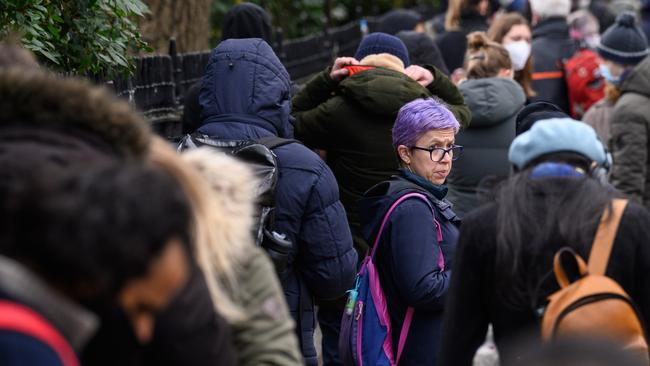
Omicron and more lockdowns
As leaders and health officials worldwide have repeatedly said in recent weeks, it’s too early for a definite verdict on the newly-emerged Omicron variant, and the impact it could have around the world.
While authorities in the UK have warned it will not only become the dominant variant there, but around the rest of the world before 2021 is through, the strain could prove to be less deadly than previous virus iterations.
“That would help the world get back to something pre-pandemic normal — which means spending more money on services … A boost of rebalancing spending could boost global growth to 5.1 per cent from the base forecast of 4.7 per cent,” the Bloomberg economists wrote.
But, they warned, “we may not get that lucky”.
If Omicron is, in fact, worse than Delta, “even a three-month return to the toughest 2021 restrictions … could see 2022 growth slow to 4.2 per cent”.
As a result, the world’s supply problems would likely persist, especially labour shortages.
‘Sticky’ inflation
Inflation — a means of measuring the rise in prices of a basket of goods — could be an issue both in the US and abroad, Bloomberg warns.
In Australia, it’s calculated by the Australian Bureau of Statistics.
The current lift in inflation, according to the latest ACCI-Westpac Survey of Industrial Trends, is not subsiding — if anything, it’s only continuing to grow.
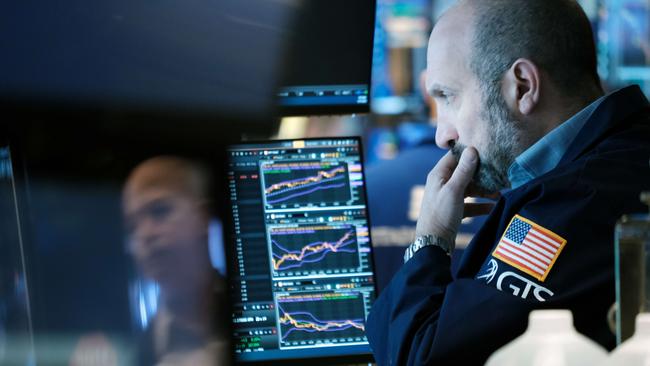
“Cost inflation has been a significant issue throughout the Covid pandemic and recovery, with supply chain disruptions globally and domestically, border closures and a tight labour market all viewed as contributing factors,” the survey, for the December quarter, notes.
“Manufacturers expect that unit costs will continue to rise, with a net 32 per cent reporting that they see further cost inflation in the next three months.”
Australian Chamber of Commerce and Industry chief executive Andrew McKeller told the ABC that while it’s “too early to tell if inflationary pressures will be longer term, businesses in Australia do need to prepare for the prospects of higher inflation”.
‘A superpower war’
According to Bloomberg, “any escalation between mainland China and Taiwan, from blockade to outright invasion, could draw in other world powers — including the US”.
“A superpower war is the worst case, but scenarios short of that include sanctions that would freeze ties between the world’s two biggest economies, and a collapse in Taiwan’s production of the semiconductors that are crucial to global output of everything from smartphones to cars,” the economists added.
A similar forecast, the Economist Intelligence Unit’s (EIU) Risk Outlook 2022 report, anticipated a similar worsening of ties between the two nations.

“US President Joe Biden, is trying to convince ‘like-minded’ (mostly Western) countries to collaboratively put pressure on China,” the EIU report said, including restrictions on trade, technology, finance and investment, forcing some markets and companies to choose sides.
This could lead to a “neutral stance becoming economically prohibitive” for third countries, the fallout of which could heighten uncertainty in global trade and investment.
Evergrande leads to economic slowdown in China
China’s economy ground to a halt in the third quarter of this year, under the accumulated weight of energy shortages, repeated Covid lockdowns and the Evergrande real estate slump.
While the nation’s energy crunch should ease in the next 12 months, the latter two issues may not, Bloomberg warns.
“Beijing’s zero-coved strategy could mean Omicron lockdowns. And with demand weak and financing constrained, property construction — which drives about 25 per cent of China’s economy — may have further to fall,” the economists noted.

“Bloomberg Economics’ base case is for China’s to grow 5.7 per cent in 2022. A slowdown to 3 per cent would send ripples around the world, leaving commodity exporters short of buyers and potentially derailing the Fed’s plans, just like the Chinese stocks crash did in 2015.”
According to the EIU, the problems striking the Chinese property giant “represents a serious risk of financial contagion” across the country’s economy.
What could go right in 2022?
It’s not all doom and gloom, the Bloomberg forecast explained.
“Globally, households are sitting on trillions of dollars of excess savings, thanks to pandemic stimulus and enforced frugality during lockdown,” the report said.
“If that gets spent faster than expected, growth would accelerate.”
In China, investments in green energy and affordable housing, slated in the nation’s Five Year Plan, could also amp up investment; while Asia’s new trade deal, the Regional Comprehensive Economic Partnership, could boost exports.
Originally published as Omicron, inflation and a ‘superpower war’: Economic risks that could rock 2022




